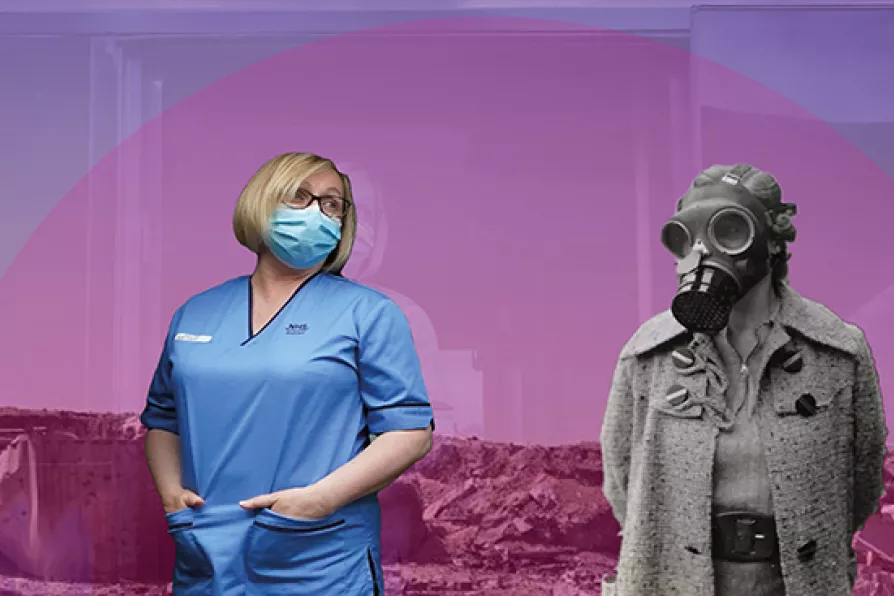John Wojcik pays tribute to a black US activist who spent six decades at the forefront of struggles for voting rights, economic justice and peace – reshaping US politics and inspiring movements worldwide


AT TIMES of great crisis, governments veer towards socialism. Massive public expenditure and state intervention is simply the fastest way to achieve certain goals. The most impressive scientific accomplishments of the 20th century required immediately putting cutting-edge research into practice and mobilising thousands of scientists alongside other workers for a single goal.
One of the most famous examples is the Manhattan Project: the largely US effort to construct the atomic bomb. Despite initial research from Britain, the bomb was a massive engineering problem that was taken up by a superpower. A whole industry was summoned into existence to isolate a rare isotope from naturally occurring uranium, requiring more than 100,000 workers.
Another WWII success story was penicillin. Its story is told in William Rosen’s book Miracle Cure (2018). Also stemming from initial British research, the phenomenal and rapid increase in manufacturing capacity would not have occurred without American dollars. By the middle of 1943, penicillin was a priority for the US. Yet that year the whole country had only produced enough penicillin to treat around 40 patients.
With thousands of soldiers who could benefit from the drug, let alone thousands of patients at home, it was excruciating to know that the drug existed but could not be made fast enough. The government had to act. Rather than commandeer the factories, the US government chose to allocate public resources to private corporations.
As one observer recalled, the committee in charge of the programme “found itself in the awkward position of needing to devise a system by which private companies would gain patent rights to processes and products developed, at least in part, with public money.” The promise made to them was unprecedented: they were to be given simultaneously access to all available knowledge about penicillin together with the right to patent whatever they found while manufacturing. They did just this.

1943-2025: How one man’s unfinished work reveals the lethal lie of ‘colour-blind’ medicine

Politicians who continue to welcome contracts with US companies without considering the risks and consequences of total dependency in the years to come are undermining the raison d’etre of the NHS, argues Dr JOHN PUNTIS

A maverick’s self-inflicted snake bites could unlock breakthrough treatments – but they also reveal deeper tensions between noble scientific curiosity and cold corporate callousness, write ROX MIDDLETON, LIAM SHAW and MIRIAM GAUNTLETT

When privatisation is already so deeply embedded in the NHS, we can’t just blindly argue for ‘more funding’ to solve its problems, explain ESTHER GILES, NICO CSERGO, BRIAN GIBBONS and RATHI GUHADASAN









